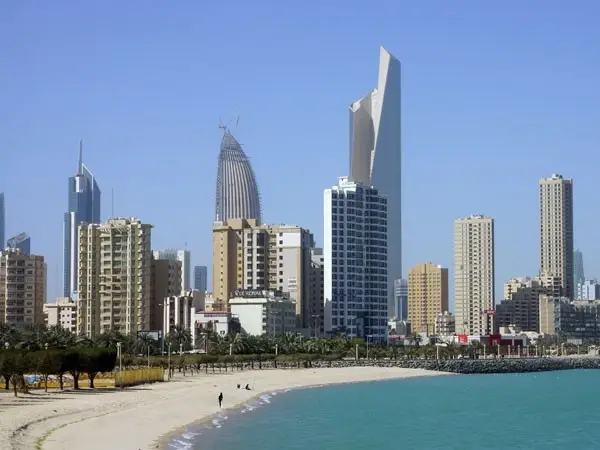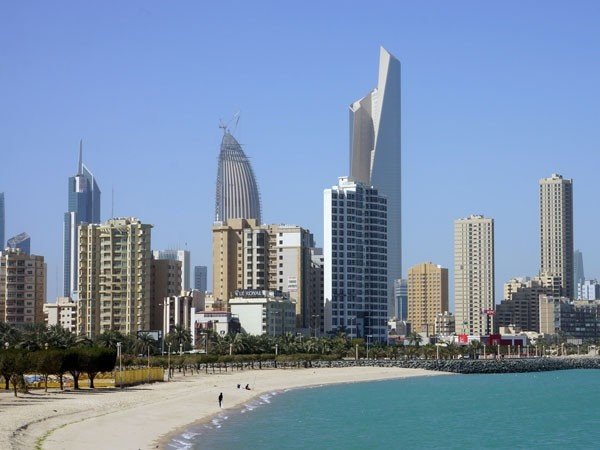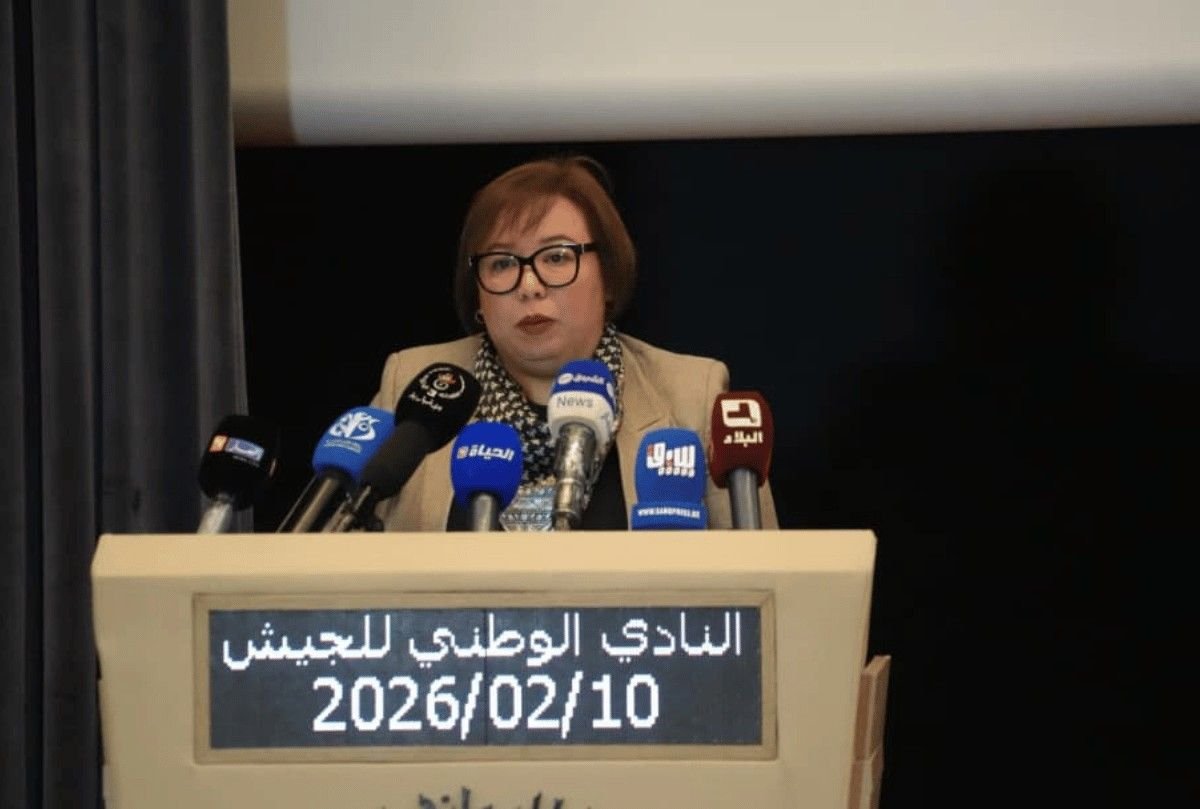The ICT sector in North Africa is growing rapidly, with high internet usage rates in countries like Morocco (92.2%), Libya (88.5%), and Tunisia (84.9%). However, the increasing digital reliance has also led to a rise in Distributed Denial of Service (DDoS) attacks, as reported in the latest NETSCOUT Threat Intelligence Report for July to December 2024. This report highlights a surge in sophisticated DDoS activities targeting Morocco, Tunisia, Algeria, and Libya, with varying levels of attack intensity.
Morocco recorded the highest number of DDoS attacks in the region, surpassing previous attack volumes seen in the first half of the year. Tunisia also experienced a significant rise in attacks, nearly doubling its DDoS incidents from the first half. Libya, while not facing as many attacks as Morocco and Tunisia, had the highest number of attack vectors used in a single incident, with 22 different vectors. Algeria saw a reduction in DDoS incidents, with attacks dropping by almost half compared to the first half of 2024.
The report underscores a growing sophistication in DDoS attacks across the region, particularly targeting telecommunications providers. These attacks often involve ransom demands, threatening prolonged service disruptions unless payments are made. The telecommunications sector is especially vulnerable due to its vital role in supporting internet and communication services for both businesses and consumers.
The report details the various attack vectors used across the region, including DNS Amplification, ICMP, and NTP Amplification, with Libya experiencing the most complex attacks. Morocco and Tunisia also faced multi-vector attacks, demonstrating the increasing complexity of these threats. Morocco recorded the largest attack in the region, with a bandwidth of 232Gbps and 50.19 million packets per second (Mpps).
The increased attacks on critical infrastructure, particularly in Libya’s natural gas extraction and gasoline stations, may reflect targeted, geo-political motives, while the overall trend indicates a rise in industry-specific cyber campaigns. Algeria, despite a decrease in DDoS incidents, still faced high-intensity attacks on wired telecommunications organizations.
As North Africa continues to develop its digital infrastructure, with projects like the EU-backed Medusa submarine fiber optic cable linking the region to Southern Europe, the need for robust cybersecurity measures becomes even more urgent. NETSCOUT’s report calls for heightened vigilance and proactive defenses to safeguard critical telecommunications infrastructure from increasingly sophisticated and multi-layered DDoS threats.
Bryan Hamman, Regional Director for Africa at NETSCOUT, emphasizes the importance of protecting vital industries from DDoS attacks and urges North African countries to bolster their defenses to keep pace with the evolving threat landscape.















